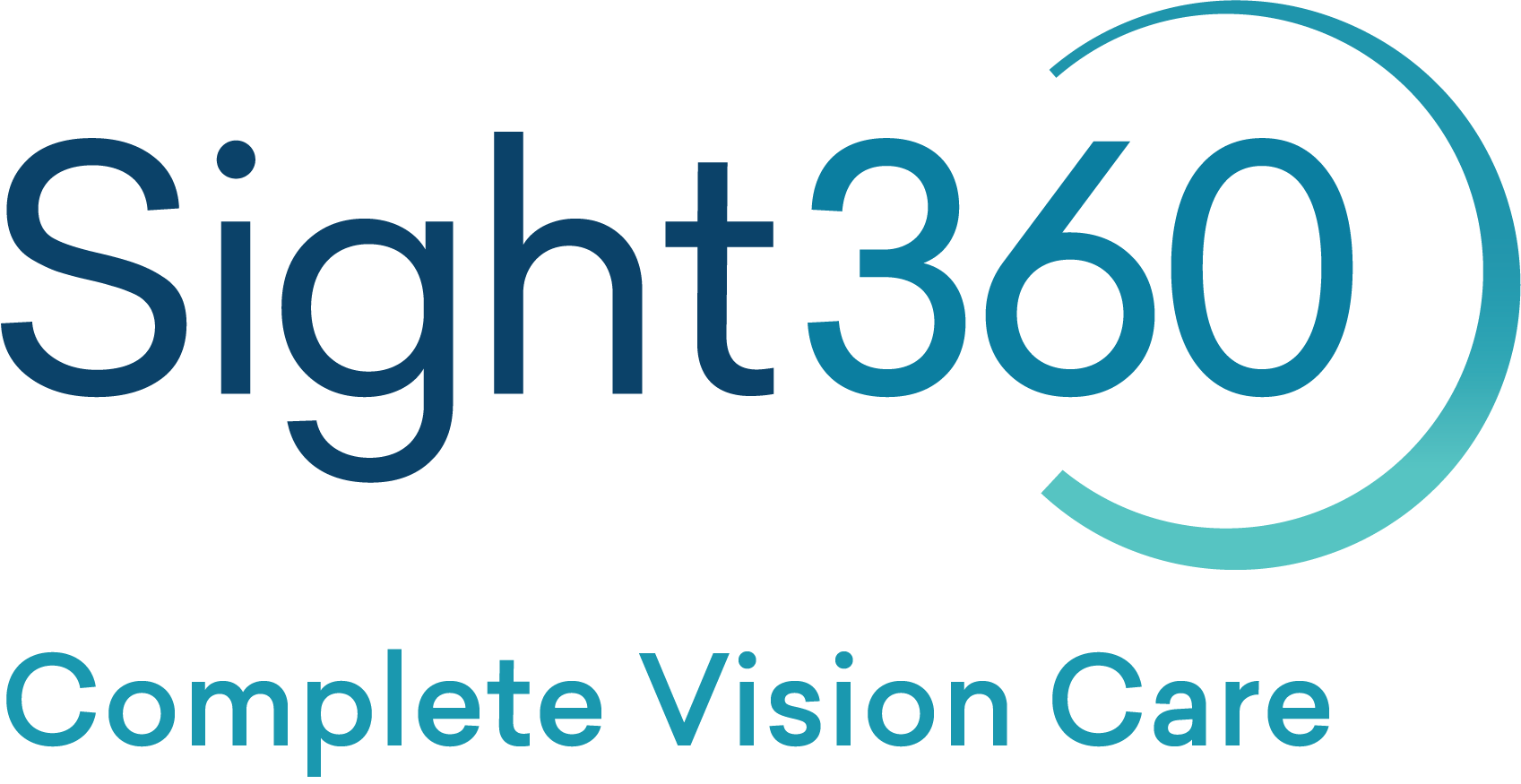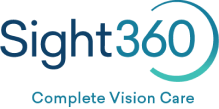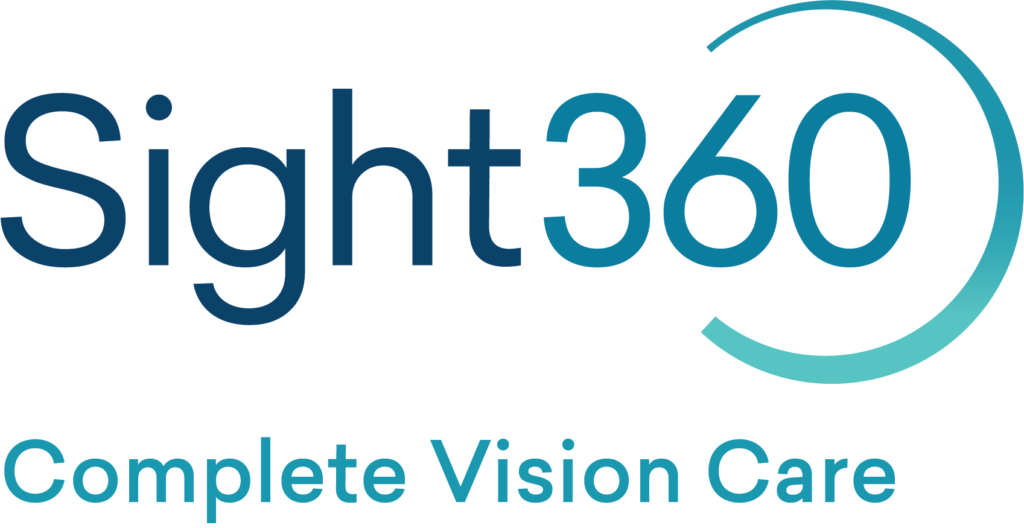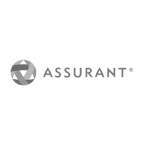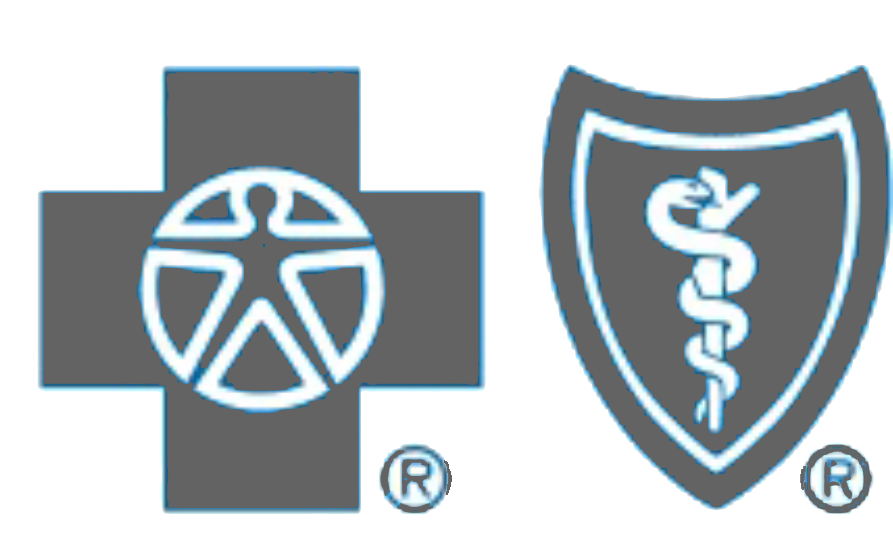- Home
- /
- Services
- /
- Ophthalmology
- /
- Cataracts
- /
- Cataract Surgery Recovery
Cataract Surgery Recovery
Cataract surgery is a common procedure that does not involve an intensive recovery process. As a result, you can look forward to renewing your vision relatively quickly and enjoying clear sight soon after the surgery has been completed.
# cataract treatment
# Cataracts
# Cataract Surgery
Cataract Surgery Recovery Time
Cataract surgery is a common procedure that does not involve an intensive recovery process. As a result, you can look forward to renewing your vision relatively quickly and enjoying clear sight soon after the surgery has been completed. However, there are some things you’ll want to keep in mind to have the most successful recovery possible. Below, we’re covering some of the details of cataract surgery recovery and what you can expect from this process.
Cataract Surgery Recovery Time
Full recovery from cataract surgery usually takes four to six weeks. However, the side effects from the surgery should disappear within just a few days, and feeling should begin to return to the affected area just a few hours after the procedure is complete.
Restrictions After Cataract Surgery
To protect your eyes and help them heal after cataract surgery, your doctor will provide you with explicit instructions about what you can and can’t do in the days and weeks after the procedure. The details of these restrictions will depend upon the specific type of surgery that has been performed. However, in general, you can expect to:
- Use prescription eye drops
- Use an eye shield while sleeping
- Wear sunglasses outdoors
- Avoid swimming for up to 6 weeks
- Avoid rubbing your eyes
- Refrain from wearing eye make-up for 4 weeks
You may also be wondering how long you have to wait before driving after cataract surgery. For safety reasons, you will need to pass an eye chart test with one of our opticians or ophthalmologists. In some cases, patients can pass this test within one day of their surgery. Others must wait until their eyes have fully healed and they have been prescribed a new pair of glasses.
Learn More About Cataract Surgery Recovery in St Pete and Pinellas Park
Our board-certified ophthalmologists can walk you through every step of the cataract surgery recovery process and help you understand whether cataract surgery is right for you. Reach out to Sight360 today to schedule a consultation appointment!
Cataract Surgery Recovery FAQs
After cataract surgery, you will spend a short time in the recovery area where the medical staff monitors your immediate post-operative condition. It is common for patients to experience some blurriness or haziness immediately after surgery.
Once you are deemed stable, you will be discharged with specific post-operative care instructions. These instructions often include details on eye drops, medications, and activities to avoid during the initial recovery period.
Rest is important during the first few days after surgery. Avoid strenuous activities, and try to keep your head elevated, especially when sleeping, to minimize swelling and promote healing.
You will likely be prescribed a regimen of eye drops to prevent infection and inflammation and to aid in the healing process. It’s crucial to follow the prescribed schedule for using these drops.
Many people experience improved vision within a day or two after surgery, although some fluctuations in vision are normal during the initial recovery period. Full stabilization of vision may take a few weeks.
Your eye surgeon will schedule follow-up appointments to monitor your progress in recovery. During these appointments, they will assess the healing of your eye, address any concerns, and adjust your medications if necessary.
While recovery times can vary, most individuals can resume normal daily activities within a few days to a week after surgery. However, it’s important to avoid activities that could pose a risk of injury to the eyes, such as heavy lifting or vigorous rubbing of the eyes.
In many cases, patients are cleared to resume driving shortly after surgery, especially if the vision in the treated eye meets certain criteria. However, it’s essential to follow your surgeon’s guidance regarding when it’s safe to drive.
The final results of cataract surgery, including stabilized vision, are typically realized within a few weeks. Some individuals may still require glasses for specific tasks, especially if they chose monofocal lenses that provide clear vision at one distance.
Step 1: Understanding the Cataract Surgery Booking Process
Scheduling cataract surgery is easy when you choose to partner with Sight360. You can count on having a medical professional guide you through every step of the procedure.
Step 2: Cataract Evaluation
If you are struggling with clouded vision resulting from cataracts, getting started with a cataract evaluation is the first step towards renewing your vision. Our kind and knowledgeable doctors will help you understand your options.
Step 3: Cataract Surgery Options
When you turn to the board-certified ophthalmologists at Sight360, you can benefit from state-of-the-art surgery options.
Step 4: Cataract Lens Options
At Sight360, we know that cataract implants are not one-size-fits-all, which is why patients are able to choose the one that's right for them and help limit your need to wear any type of glasses or contacts following surgery.
Step 5: Guide to Cataract Surgery Financing Options
You may know that surgery can help restore your sight and give you clearer vision, but you may not be so sure as to your financing options for cataract surgery.
Step 6: Understanding Cataract Surgery Recovery
Cataract surgery is a common procedure that does not involve an intensive recovery process. As a result, you can look forward to renewing your vision relatively quickly and enjoying clear sight soon after the surgery has been completed.
Highly Rated Eye Doctors & Vision Care Specialists
Your sight is your most important sense. Therefore, you want to make sure it is in excellent hands. You can trust the vision care specialists at Sight360, but don’t take our word for it.
Here’s what our patients have to say about the level of care we provide.
